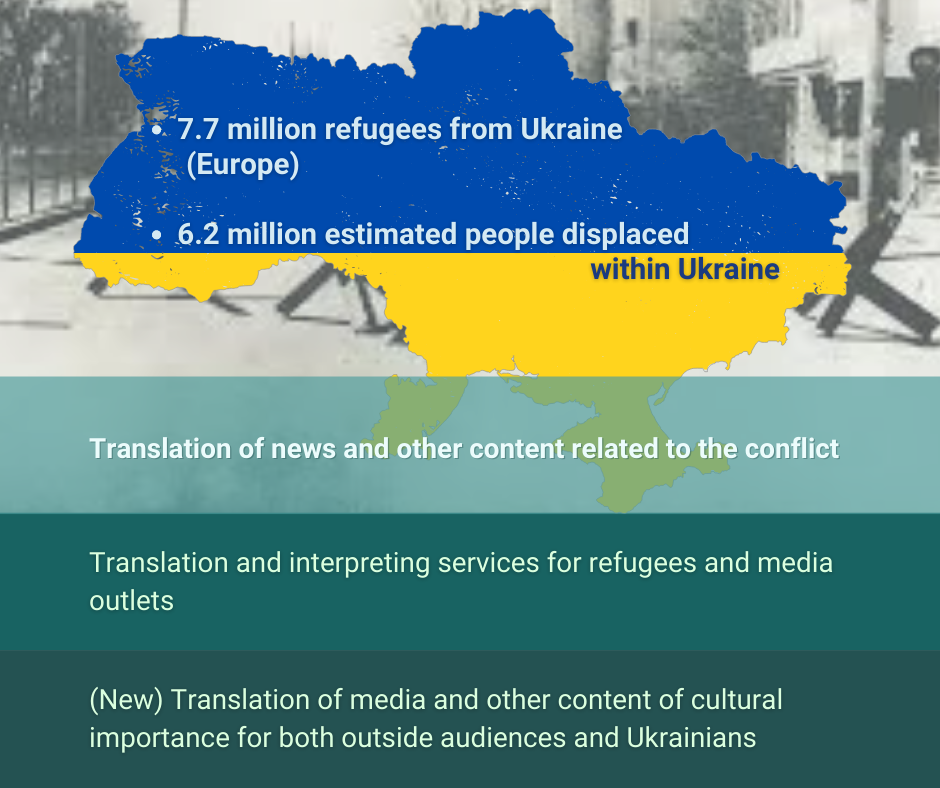Trends in the language services industry: Outlook
Trends in the language services industry: Clients
Trends in the language services industry: Income, planning, investments
Trends in the language services industry: A demographic interlude
Years in the industry
Trends in the language services industry: Turnover and Attention Economy
You win some, you lose some
Trends in the language services industry: The continued rise of the remote interpreter
Trends in the language services industry: The need for experts on tech applied to language services
-
Embracing MT and MTPE
-
Diversifying within the industry
-
Diversifying out of the industry
Trends in the language services industry: Machine translation, part 2
Actual post-editing work (MTPE)...
I'm training automated translation engines and I therefore know firsthand these need to be 'tweaked' to deliver proper suggestions.
I am used to post editing now more than ever, and that has been a significant contribution to the number of words I am able to translate per day.
Trends in the language services industry: Machine translation, part 1
Machine translation and post-editing. Won’t it just go away on its own?
-
MT applied by translators,
-
MT applied by clients or others who are not the translators, and
-
Actual machine translation post-editing (MTPE) work.
Trends in the language services industry: Artificial intelligence
An interpreting contract was cancelled because AI was implemented to LIVE translate & subtitle a news show where I was working.
Trends in the language services industry: What, me worry?
What concerns freelance language professionals most at the moment?
Trends in the language services industry: general industry trends
The events we've looked at so far probably took most of us by surprise. General trends in the language services industry are much less surprising if you have been in the game for a while. We can say that some of these trends have been intensified over the past two years or so, but for the most part they were all pre-existing. In general, we can say that:
-
Content creation continues to grow exponentially,
-
Spending on language services will continue to increase,
-
More languages are being added to the demand in order to reach more people.
Trends in the language services industry: Global concerns, part three
The Great Resignation, The Big Firing, and Other Epic Names
Trends in the language services industry: Global concerns, part two
Trends in the language services industry: Global concerns, part one
The past two to three years have been, as many a corporate email would remind us during the COVID-19 pandemic, “challenging times.” A great many things changed from one day to the next, and now in 2022 we’re still figuring out what some of this means for our work and our lives moving forward. What does this look like to freelance professionals in the language services industry? This report will take a look at both global and industry-specific challenges and opportunities that have presented themselves since the last report, and how freelance language professionals are dealing with those challenges and taking advantage of those opportunities.



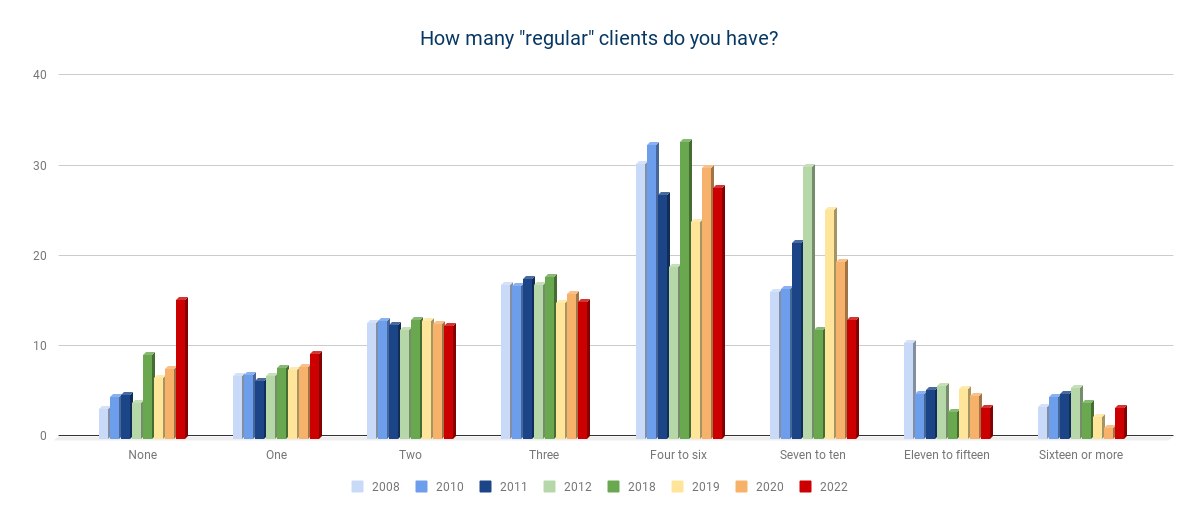

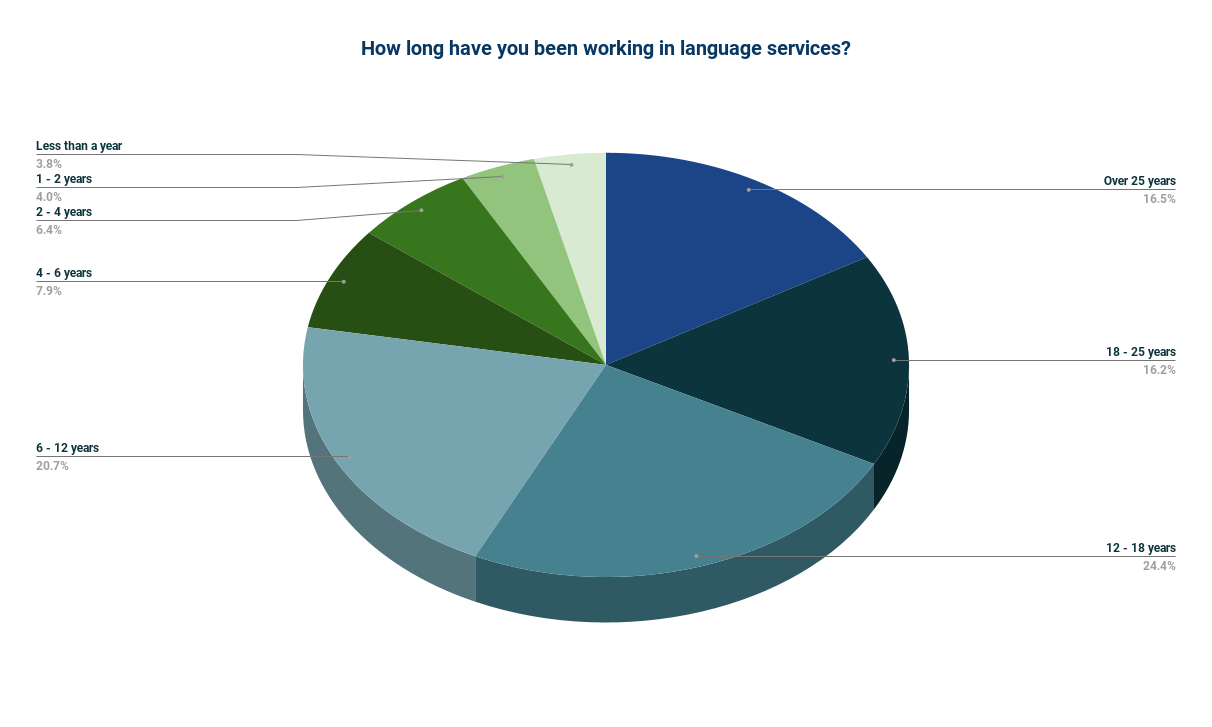
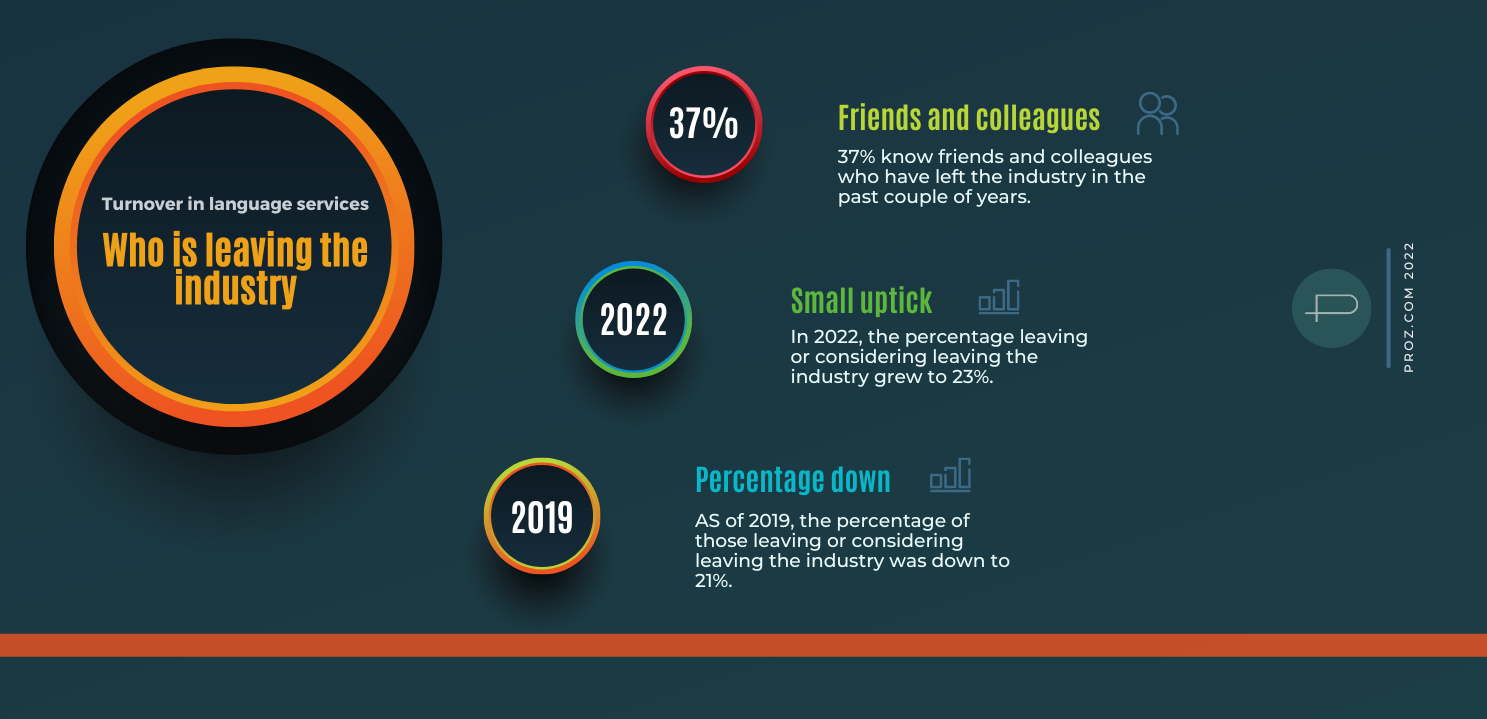



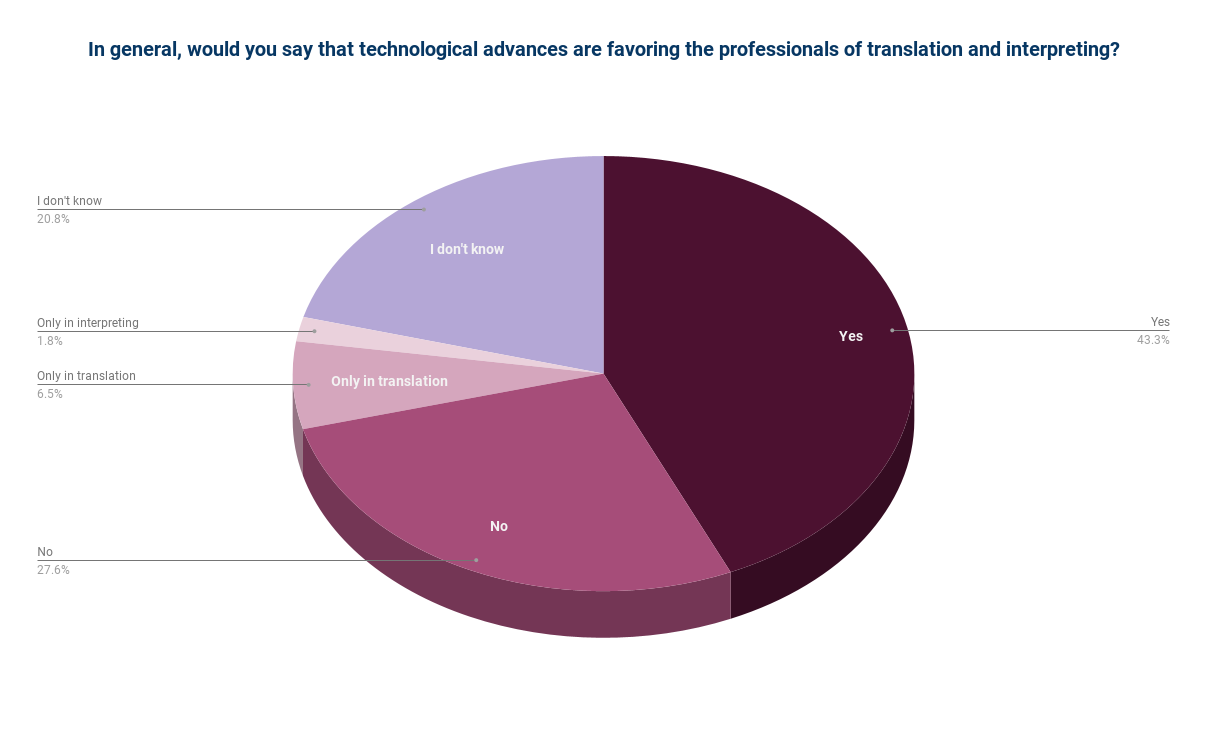

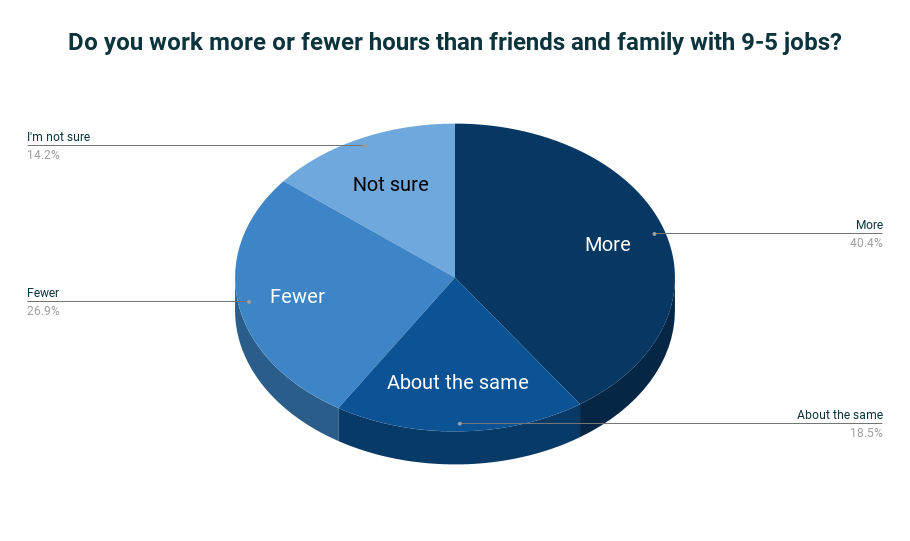
.png)

